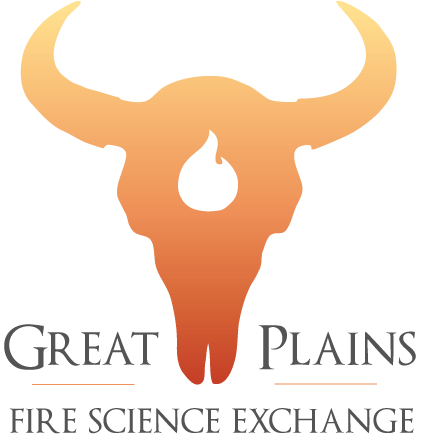Publications
( 2 of 10) Fire Summit 2016
Fire Summit 2016 (1 of 10)
Repacking the great plains fire science exchange art exhibit. (2 of 2)
Unpacking the great plains fire science exchange art exhibit. (1 of 2)
Dwayne Elmore presented a webinar on the role of fire in maintaining prairie grouse habitat January 29, 2015.
Kori Blankenship describes LANDFIRE’s biophysical settings and resent Great Plains research.

